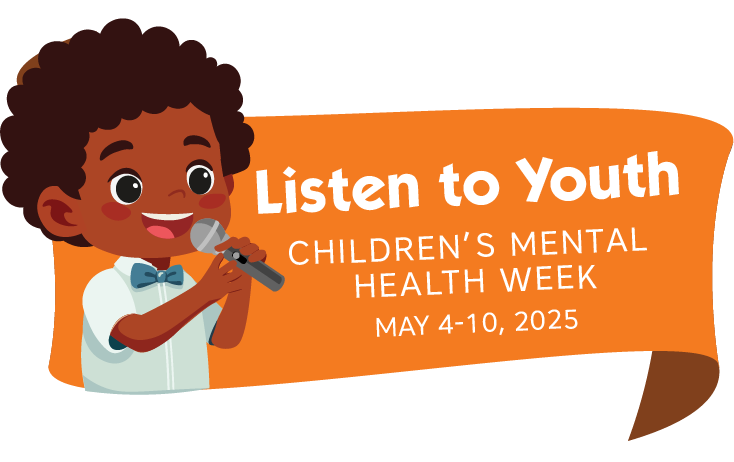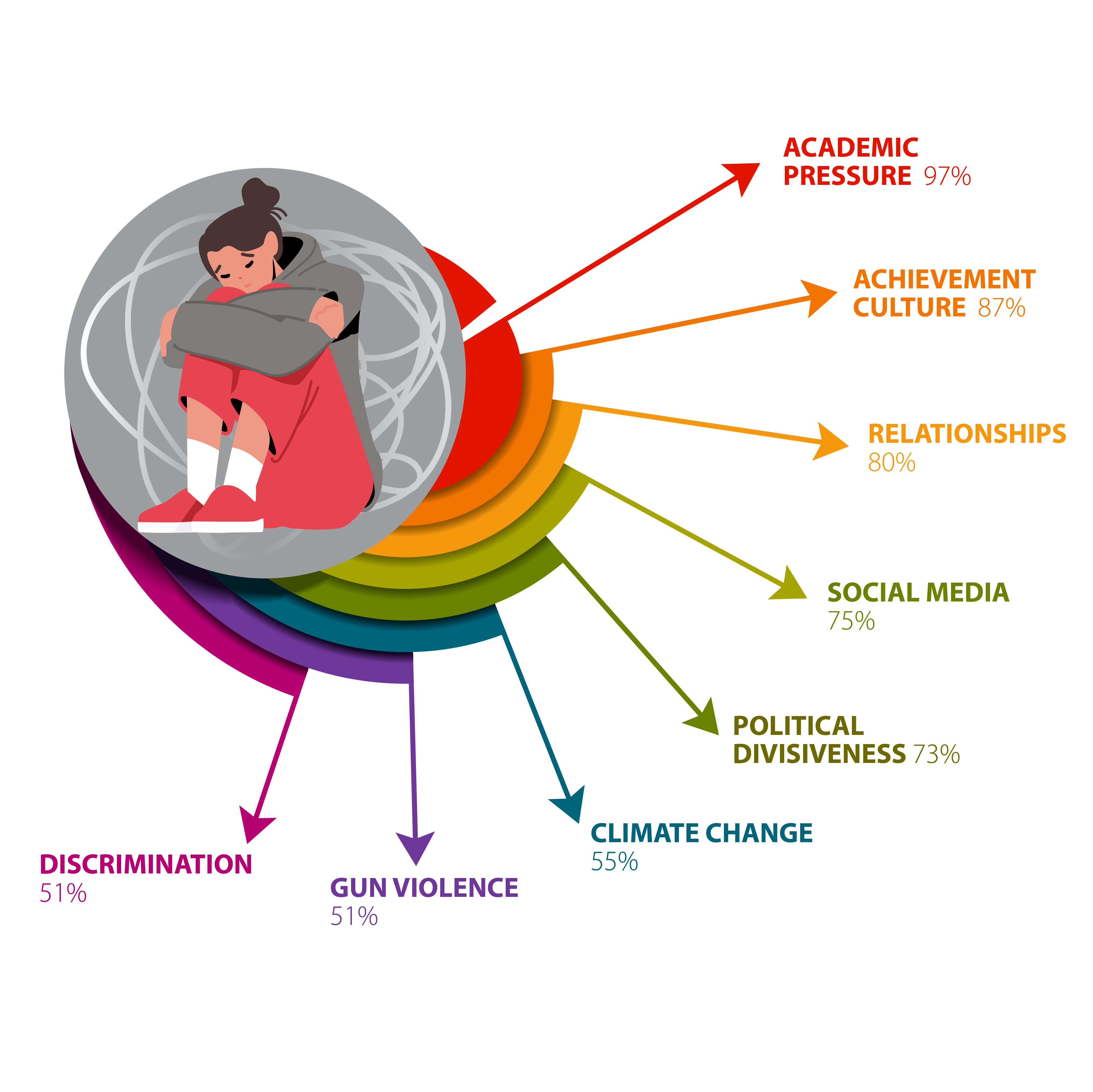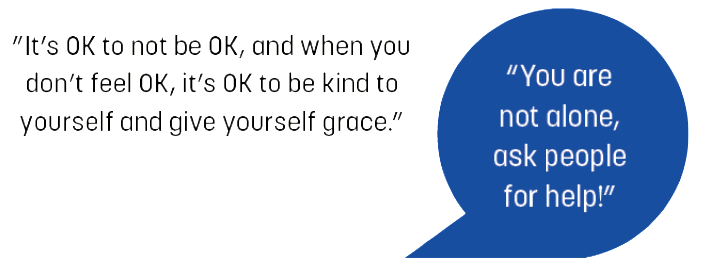Each year, the first full week of May is recognized in Wisconsin as Children's Mental Health Week. The Wisconsin Office of Children's Mental Health produces resources for partners to share during Children's Mental Health Week, and across Mental Health Month in May, to highlight the importance of youth well-being.
Children's Mental Health Week will
be May 4 - May 8, 2026.
Check back later for the 2026 theme and updated resources to share!
Children's Mental Health Week 2025 Materials
Our focus this Children's Mental Health Week is simple, but so important –
Listen to youth. Everywhere, from intentionally inviting their opinions in things that affect them to one-on-one opportunities for conversation and connection, seeking youth voice matters.
When youth have a say in the things that involve them, their mental health and well-being improves. Youth Voice fosters mental well-being because it activates social skills, a sense of belonging and connection, and decision-making skills.
See more data on the value of Youth Voice in our
Data Bite.
Governor Evers declares May 4 - 10, 2025 as Children's Mental Health Week in the State of Wisconsin!
See the Proclamation.
What's on the Minds of Wisconsin Youth:
Youth shared these thoughts at our Mental Wellness Student Leadership Summits in 2025 and 2024.

Academic pressure and achievement culture top the list.
Balance, support, and safety are key elements to a strong foundation in mental wellness.
Youth recommend less judgement and more kind, inclusive school cultures to improve youth belonging at school.
High school students agree that addressing mental wellness should start earlier. They share thoughts on how to address it in middle school.

Teens share uplifting reminders for their peers across Wisconsin.
We asked youth what they want adults to know about their mental health, and overwhelming, they simply want to be heard.
Coping with stress is a critical life skill. Youth shared their top strategies to maintain their mental wellness:
Coping Skills Compilation
How to Elevate Youth Voice
Be intentional about including their voice in your work. Below are a few key resources on how to incorporate youth voice in your organization or school:
Additional Children's Mental Health Resources
-
Social Media Posts – Find
ready-made posts to share on social media. Or, look to our expansive
Image Library!
-
Press Release – Customize this
press release and send to your local media.
-
Data Presentation – Know the key children's mental data and talk about it.
This data presentation is ready for you to use.
-
Key Facts in Youth Mental Health – A one-page
data snapshot of the mental health challenges facing Wisconsin’s youth, including rates of anxiety, depression, self-harm, and suicidality.
Resources from Previous Children's Mental Health Weeks:
2021 Virtual Art Gallery;
2022 Connection Saves Lives; 2023 Awareness - Acceptance - Action;
2024 Listen & Connect
If you have difficulty accessing our materials, or using our website, please let us know by emailing OCMH@wi.gov.
We take digital accessibility seriously and welcome the opportunity to remove any barriers in accessing content.